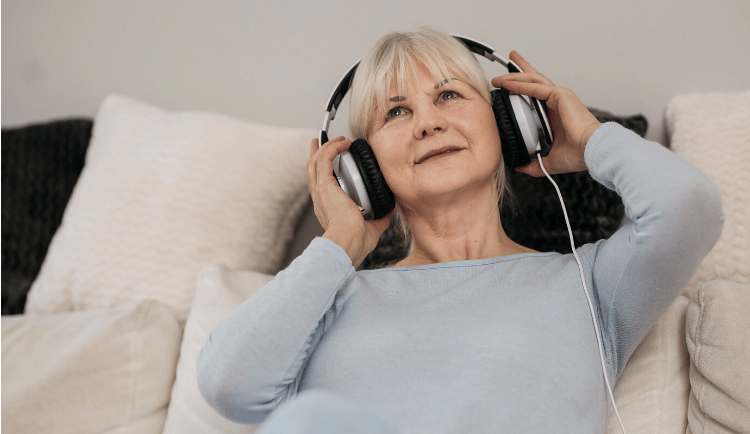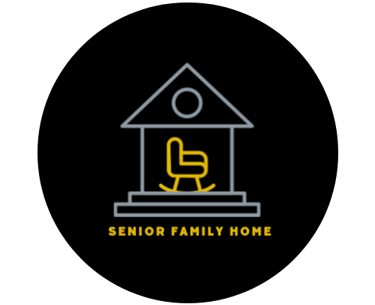The Role of Music Therapy in Elderly Care


Music has always been an integral part of human life. It has the power to evoke emotions, bring back memories, and even heal. In the context of elderly care, music therapy has proven to be a powerful tool that can enhance the quality of life for seniors in various ways. At Senior Family Home, we strive to incorporate music into our care routines, recognizing its significant benefits, even though we do not have trained music therapists on staff.
What is Music Therapy?
Music therapy is a clinical and evidence-based practice where music is used to accomplish individualized goals within a therapeutic relationship. It involves a variety of activities such as listening to music, playing instruments, singing, and songwriting. The process is typically guided by a trained music therapist who tailors the sessions to meet the specific needs of the individual. While we may not have professional music therapists, we incorporate elements of music therapy into our care routines to enhance our residents' lives.
Benefits of Music Therapy for Seniors
Cognitive Benefits:
Memory Enhancement: Music has been shown to stimulate memories, particularly in individuals with Alzheimer’s disease and other forms of dementia. Familiar songs can trigger recall of past events and emotions.
Mental Stimulation: Engaging with music can help keep the brain active, promoting mental agility and clarity.
Emotional Benefits:
Stress Reduction: Music has a calming effect, helping to reduce anxiety and stress levels. It can provide a sense of comfort and security.
Mood Improvement: Listening to uplifting music can elevate mood and combat feelings of depression or loneliness.
Physical Benefits:
Pain Management: Music can help manage pain by diverting attention and promoting relaxation.
Motor Skills Improvement: Activities like playing instruments can improve fine motor skills and hand-eye coordination.
Social Benefits:
Enhanced Communication: Music can serve as a medium for expression, especially for those who have difficulty communicating verbally.
Social Interaction: Group music sessions foster socialization, reducing feelings of isolation and building a sense of community.
How Music is Applied in Senior Care
Personalized Playlists: Creating playlists of favorite songs from the senior’s past can evoke positive memories and emotions. This is particularly effective for individuals with dementia.
Live Music Sessions: Live music performances or interactive sessions where seniors can sing along or play instruments are both engaging and therapeutic.
Movement to Music: Encouraging movement through dance or simple exercises to music can improve physical health and mobility.
Music-Based Cognitive Exercises: Activities such as matching lyrics to songs or recalling song titles can provide mental stimulation.
Music as a Routine: Incorporating music into daily routines, such as playing calming music during meal times or before bed, can create a soothing environment.
Case Studies and Research
Research supports the efficacy of music therapy in elderly care. For instance, a study published in the Journal of Music Therapy found that music therapy significantly reduced agitation and anxiety in patients with dementia. Another study highlighted that seniors participating in regular music therapy sessions showed improvements in cognitive function and overall well-being.
Conclusion
At Senior Family Home, we understand the profound impact that music can have on our residents. By integrating music into our care plans, we aim to provide holistic care that addresses not just the physical, but also the emotional, cognitive, and social needs of our seniors. While we may not have professional music therapists, our staff is dedicated to creating personalized music experiences that enhance the quality of life and bring joy to everyday experiences.
References
American Music Therapy Association. (n.d.). What is Music Therapy? Retrieved from AMTA
Journal of Music Therapy. (n.d.). Research Articles. Retrieved from Oxford Academic
Alzheimer’s Society. (n.d.). Music and Dementia. Retrieved from Alzheimer’s Society


